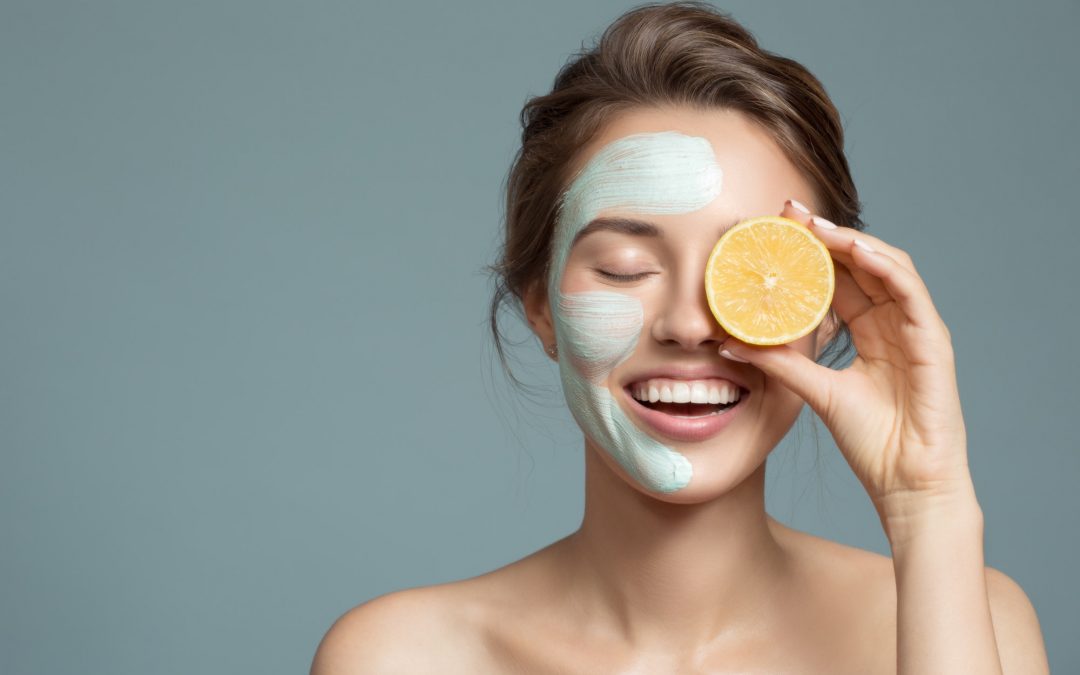One of the most important things to know when it comes to taking care of your skin is knowing what type you have.
Depending on your skin type, certain products will be better for you and others will be bad – like causing skin problems bad.
Daily routine basics

Having a daily skin care routine will help maintain healthy skin and improve things like dark spots and acne.
The four basic steps in a daily skin care routine are:
- Cleansing
- Serums
- Moisturizer
- Sunscreen
Keep these things in mind about cleansing:
- Choose the right cleanser (it shouldn’t leave your skin tight after washing)
- Clean your face twice daily (or even just once) if you don’t wear makeup and have dry skin
- Don’t overclean as that will remove your skin’s natural oils
Keep these things in mind about serums:
- The best serums to take in the morning are ones with vitamin C, peptides, or growth factors
- The best serums for nighttime are retinol or prescription retinoids
- Products like retinol or prescription retinoids should only be used at night
Keep these things in mind about moisturizer:
- Use lightweight, non-comedogenic, gel-based moisturizers that don’t block your pores
- Cream-based moisturizers are better for dry skin
Keep these things in mind about sunscreen:
- Use 30 SPF sunscreen minimum
- Apply 15 minutes before going out
- Darker skins need more sun protection
Maintenance for any skin type

No matter what skin type you have, these tips will help take care of your skin:
- Hydration (drink lots of water)
- Clean pillowcases (clean/change weekly)
- Night hair care (wash or wrap up before bed)
- Sunscreen (apply 15 minutes before going out daily)
Start with the basics and, once you’re comfortable, feel free to add products like masks and exfoliants for better skin.
If you think you have sensitive skin, do a patch test to see if you’re allergic:
- Apply a small amount of the new product on a discreet area (ex: wrist, inner arm)
- Leave alone for 48 hours and check for a negative reaction
- Check 96 hours later for a delayed reaction
Signs of an allergic reaction include:
- Irritation
- Small bumps
- Redness
- Itchiness
If you get an allergic reaction, wash off the area with water and a gentle cleanser.
Things to avoid
DIY skincare lifehacks are very popular. However, some of these miracle treatments can actually be more damaging than beneficial in the long term.
Here are some DIY skincare hacks you should avoid:
- Baking soda: it causes dry skin due to its pH level of 8.
- Toothpaste: ingredients absorb oil but also irritate and dry your skin.
- Vitamin E: topical use irritates the skin and may not improve scar appearance.
- Lemon juice: it’s highly acidic properties dry and irritate the skin. It also causes dark spots after sun exposure.
- Garlic: raw garlic casus watery blisters, eczema, skin allergies, and skin inflammation.
- Sugar: too harsh for your face.


Recent Comments